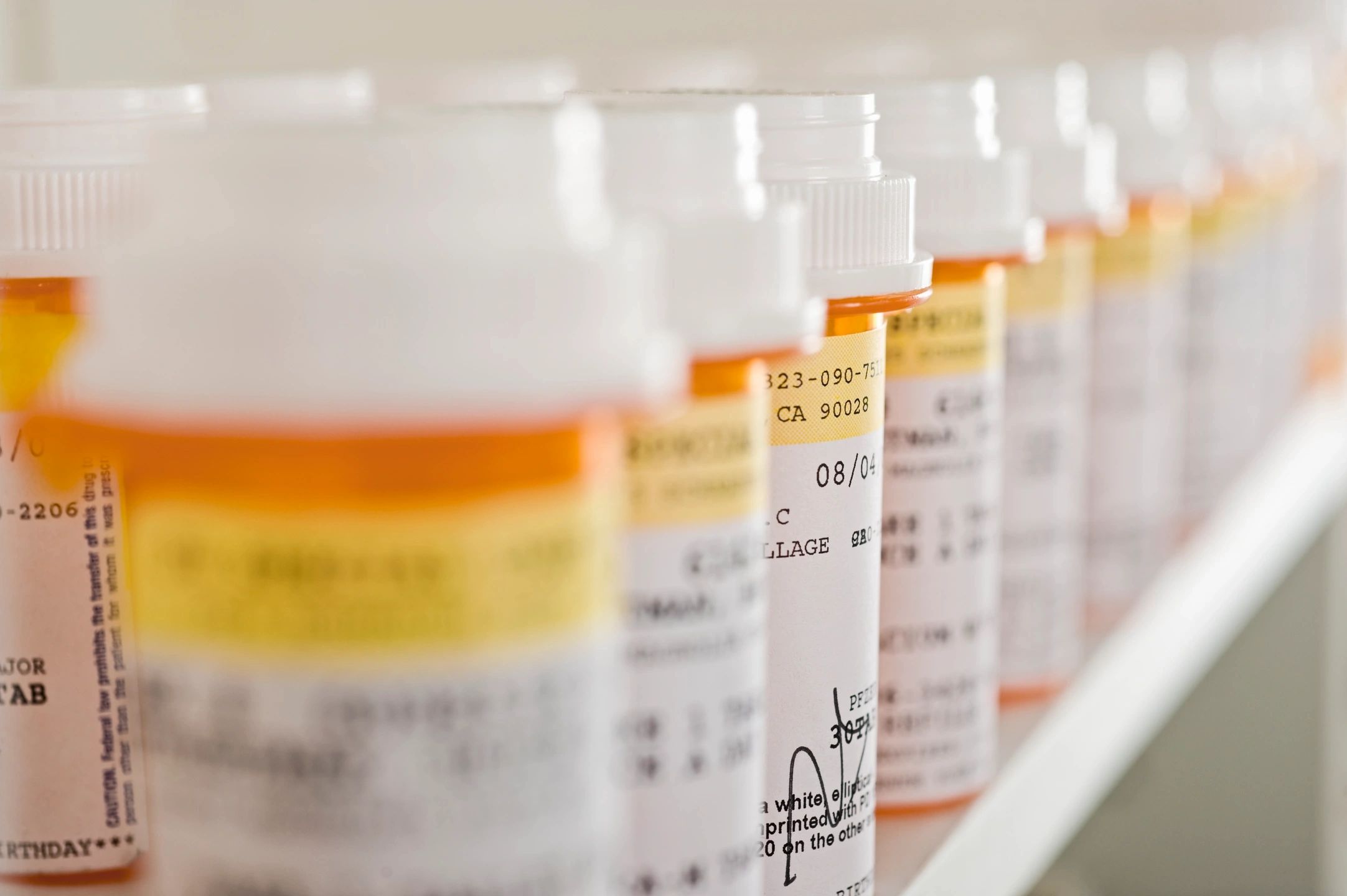The 17-year-old, who had undergone a recent root canal procedure, received eight 1-milligram hydromorphone tablets at Nanaimo Regional General Hospital.
A concerned Nanaimo mother is raising her voice against opioid-prescribing procedures following her teenage daughter’s visit to the hospital’s emergency room for dental pain, where she was administered Dilaudid, a potentially addictive opioid.
The 17-year-old, who had recently undergone a root canal, independently drove herself to Nanaimo Regional General Hospital on the evening of September 13, with her parents’ consent.
The teenager received local anesthesia and was administered eight one-milligram tablets of hydromorphone, commonly known as Dilaudid. This opioid analgesic, prescribed for the management of moderate to severe pain, is approximately two to eight times more potent than morphine and around 25 to 30 times more potent than codeine.
The teenager’s mother raises concerns regarding the decision to prescribe an opioid to her daughter, who was unaccompanied, had a history of mental health challenges, and had previously experienced a prescription medication overdose two years ago.
In the past, the teenager was prescribed medication for anxiety and depression, which exacerbated her symptoms to the point of becoming suicidal, according to her mother. In 2021, the teenager experienced an overdose of this medication, leading to subsequent counseling and a diagnosis of ADHD. She is currently successfully managing her symptoms.”
According to Urban Smiles dentist Rachel Staples, opioids are typically not effective for relieving tooth pain and can carry the risk of addiction, even when administered in small amounts. Staples recommends that the most suitable approach for managing tooth pain involves the combination of Tylenol and ibuprofen.
“It’s pretty well known throughout the dental community that dental pain is a very specific type of pain and it doesn’t really respond well to any kind of narcotics,”
Staples, who tragically lost her son Elliot Eurchuk in 2018 due to a lethal drug overdose resulting from addiction to prescription pain medications following numerous sports injuries and associated surgeries, reflects on her nearly three decades of dental practice.
Based on her firsthand observations, she noted that surgeons are gradually embracing the idea of restricting opioid prescriptions. However, she emphasizes that pharmacists play a pivotal role as they control the quantity of opioids dispensed and often communicate with prescribers to recommend reduced amounts
.
A document titled ‘Prescribing and Dispensing Drugs’ on the B.C. College of Oral Health Professionals’ website, responsible for regulating 16,000 oral health professionals, such as dentists and dental hygienists, acknowledges that the ‘over-prescribing of opioid pharmaceuticals by health care professionals is a concern.’
The guidelines recommend that dentists should explore the availability of non-narcotic alternatives to opioids. If opioid prescription becomes necessary, they are advised to carefully consider the minimum dosage and quantity required for effective pain management during the immediate post-operative phase.
As for the teenager’s mother, she firmly believes that not enough clinicians are heeding the message. She emphasizes, ‘The practice of prescribing narcotics to teenagers must undergo a transformation.



